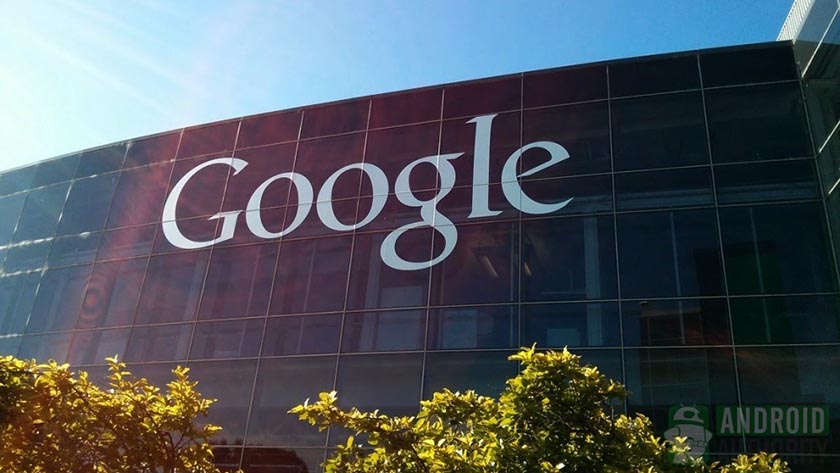Affiliate links on Android Authority may earn us a commission. Learn more.
Google investigated in South Korea over Android anti-fragmentation clause
Published onFebruary 13, 2017

Google is facing yet another anti–competitive investigation. This time, the Fair Trade Commission (FTC) in South Korea is investigating whether the search giant hindered Samsung’s development of its own mobile operating system.
Back in 2011, Google and Samsung signed the Mobile Application Distribution Agreement (MADA) which states that Android smartphones made by the South Korean company have to have Google as the default search engine. In addition, the devices must also have a few Google’s apps pre-installed, including YouTube and Gmail. The two companies also reached the anti-fragmentation agreement (AFA) which specifies that Samsung is not allowed to develop its own mobile operating based on Android.
Google was already under investigation because of MADA in South Korea, with the nation’s top two search engines — Naver and Daum — claiming that the agreement violates the Antitrust Law. The company was cleared of all charges by the FTC in 2013.

Now, the FTC launched an investigation into the AFA agreement, stating that it may have obstructed Samsung to develop its own mobile OS. What’s more, the FTC also said that it will review the need to reinvestigate the 2013 MADA case, claiming that the situation on the market has since changed.
If Google is found guilty, the company will most likely be hit with a big fine. It won’t be the first and probably not the last either. The search giant has been accused of antitrust practices quite a few times so far. Last year, it was fined $6.75 million for competition violations by the Russian government.
The company also had a few problems on the old continent in 2016, as it was accused of breaching EU antitrust rules and abusing its dominant position on the market by enforcing restrictions on both manufacturers of Android devices as well as mobile carriers.